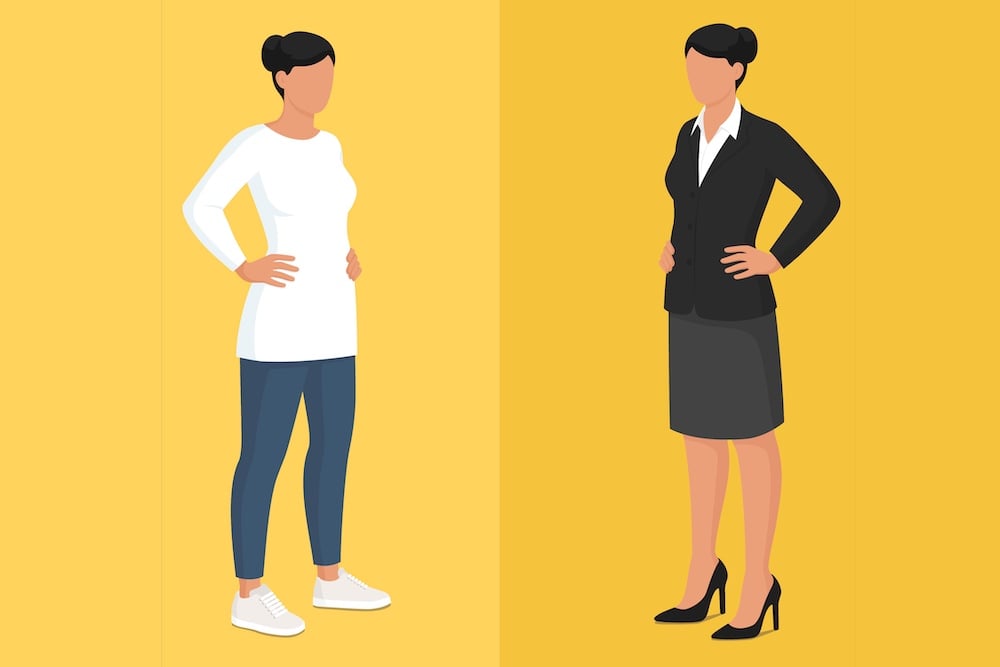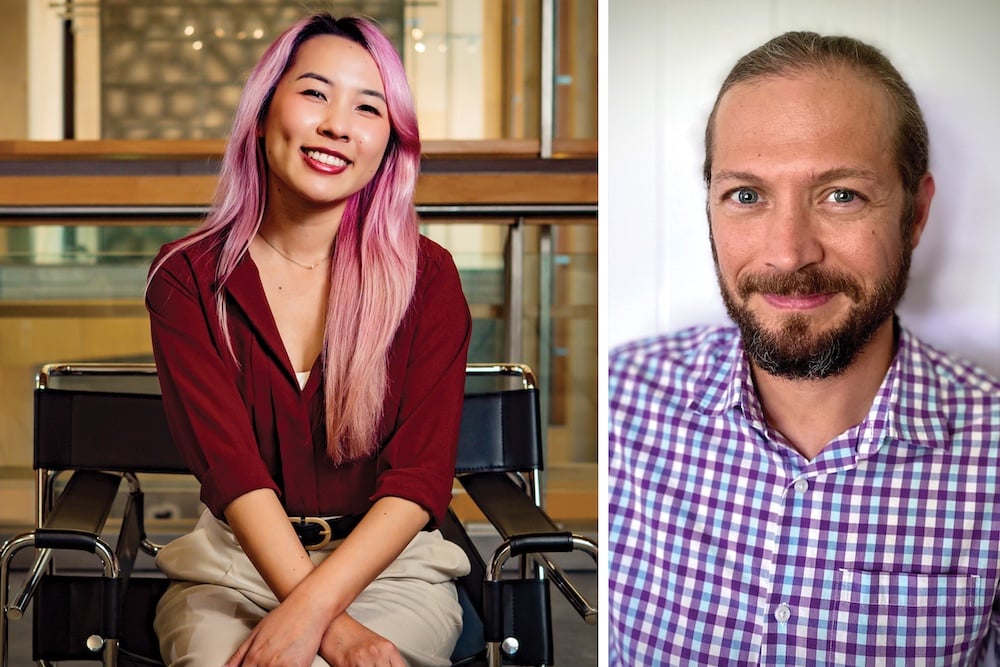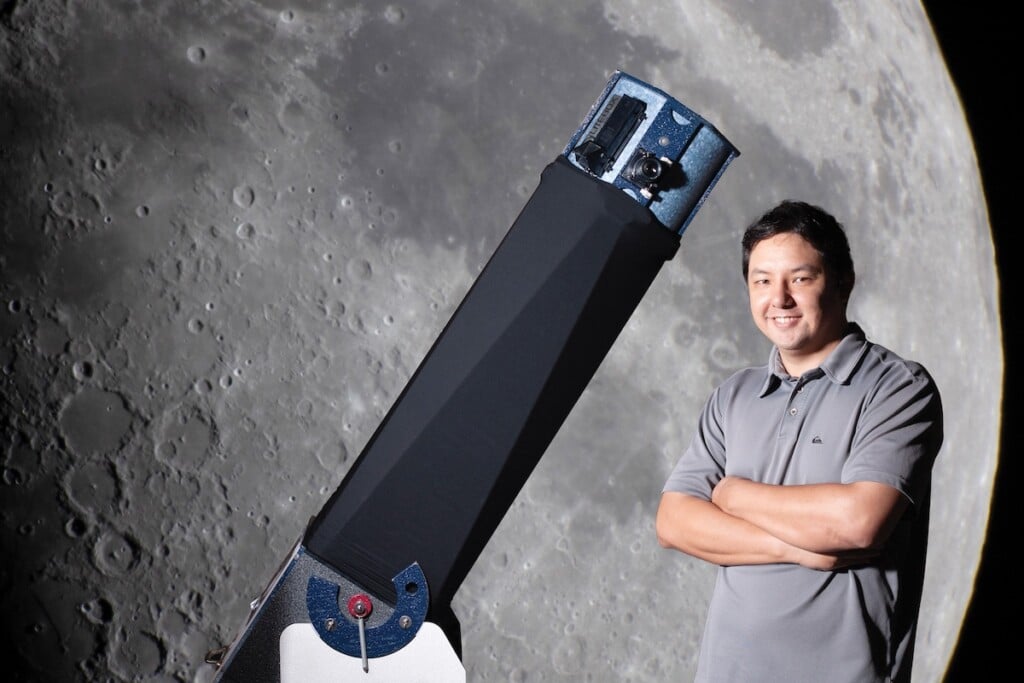New in the Office? I Was, and Here’s What I Learned
Advice from a workplace newcomer and HR experts on how to cope, network, manage your side gig and prioritize mental health.

I graduated from UH Mānoa in May 2024 and started my job as a staff writer at Hawaii Business Magazine the same month. I had worked before, including an internship and part-time jobs at KITV4, but this was my first full-time, permanent gig. Naturally, I was stressed and had all kinds of questions.
Of course, a lot of young office workers grapple with the same things. They’re uncertain about how to navigate office life, they’re full of awkward questions, and they’re eager to make meaningful connections. On top of all that, they want to make good impressions on their colleagues and supervisors. Here are some answers to questions from young people about career etiquette and strategies:
Q: I took a leap and attended a pau hana. I got some business cards and now want to connect further with some of these people. What’s the best way to reach out to them?
Networking events can be difficult to navigate – you might be shy and have trouble approaching strangers, the music might be loud and it is hard to hear what people are saying or you don’t want to appear pushy – but once you take the plunge, LinkedIn or email makes it easier to follow up.
I spoke with a series of Hawai‘i HR professionals: Marie Kumabe, owner of Kumabe HR; Kim Miyashiro, director of human resources consulting services at Kumabe HR; and Jennifer Ellis, director of HR and operations at Talent HR Solutions. Here are tips they shared about building those connections.
1. Don’t get too loose: Emails and LinkedIn are not Instagram or TikTok. They are media for professionals, so avoid sounding too casual in your messages.
2. Set your priorities in advance: When you send your first message to a new contact, consider beforehand why you want to connect. If you want to learn from them, don’t jump in with a big ask like, “Will you be my mentor?”
Start with something small like: “Thank you for connecting with me. I’m so impressed with your success in xxx (fill in the industry: banking, journalism, sales, etc.). I would love to meet for coffee or chat on the phone to learn some tips for getting ahead.” If you make a strong connection in the chat over coffee, you may have met a mentor. But avoid ambiguity in your online outreach – the more vague your message, the likelier you will get no reply.
While not everyone will say yes, many people in Hawai‘i are willing to help the next generation and share their knowledge – if you make it easy for them and you express gratitude.
3. Send that email or outreach as soon as possible: Within two days of meeting someone in person, follow up before that person forgets you and the conversation you had. In your initial outreach, you should mention something you discussed or something memorable that can help the other person identify you.
Q: After hunting for five months, I landed my first office gig. However, I’ve had a sideline doing photography since college and I don’t want to give it up. Should I talk about my side gig at work?
Hawai‘i has the highest cost of living in the nation, so side hustles are common and can help you avoid more debt. But many people avoid discussing their part-time jobs at their full-time workplaces because they fear their colleagues and managers might ask questions like: Are you more loyal to your side gig than you are to your main job? Do you put a higher priority on the side gig than your main job? Will your side gig get in the way of your main job?
But Jennifer Nahrgang, chair of the University of Iowa’s Tippie College of Business, says on average, side hustles help people to be better at their full-time jobs. Her research on their effects on performance, published in 2021, found that side hustles can expand time management and sales skills and provide some relief to otherwise monotonous schedules.
Being open about a side gig shows transparency with your employer, can build trust and may even showcase valuable skills you’ve developed outside of your main job. However, it’s important to consider your company’s policies and the nature of your side gig before disclosing it. You may be governed by noncompete clauses or exclusivity rules that forbid the kind of outside work that you do. Don’t break those policies, but otherwise, it’s up to you if you want to mention your side gig before deciding whether or not to keep it.
The workplace issue of side jobs is likely to become a bigger deal in the future. In a 2024 survey by Bankrate, a personal finance company, 36% of Americans said they had a side hustle, but that proportion grew to 48% among Generation Z, those aged 18 to 27.
Q: I’ve been overworking and need time to center myself. How do I take a mental health day without being seen as lazy? And do mental health days actually enhance your mental well-being?
You shouldn’t be labeled as lazy for keeping yourself healthy, because if you burn out or become physically sick, you won’t be able to do your job, period. A mental health day can prevent illness and burnout.
If you suffer from constant stress, anxiety, physical headaches, lack of energy and inability to sleep, a mental health day could be the best thing for you. Some companies explicitly allow mental health days in their sick leave policies, and other companies allow employees to use sick leave for mental health reasons. But there is no specific Hawai‘i law that requires companies to provide that benefit.
Your primary care physician or therapist might provide a note that supports taking a mental health day if they believe you need time off because of a diagnosed mental health condition.
Move past the negative stigma and take mental health days when needed to maintain your health. Taking care of your mental state can help mitigate future illnesses and can increase your overall mood at the office. But if you do take time off for your mental health, don’t violate your boss’s trust by overdoing it.
Kathleen Rhoads Merriam, mental health advocate and co-chair of the Hawai‘i chapter of the American Foundation for Suicide Prevention, says to set some goals and standards to effectively reset, like getting yourself to the gym, exploring nature, sleeping the proper amount, taking a walk or seeking professional help.
Want to make the case that your mental health days actually help the company? Mental Health America, a national nonprofit advocating mental health and well-being, found that mental health breaks can increase workplace productivity, creativity and morale when coming back to the office.
But also be honest with yourself – and be fair to your employer: Do not take days off from work because you need to recover from a weekend or other time off when you burned yourself out partying. Time off is meant for recuperation, so you are ready for work on Monday.





